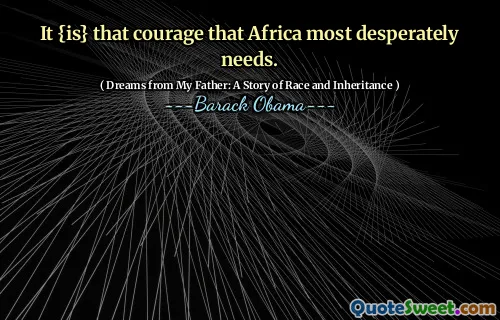
You can't cheat if there are no rules
This quote highlights the fundamental relationship between rules and fairness. It suggests that cheating presupposes the existence of rules; without them, the concept of cheating becomes meaningless. In essence, rules establish the boundaries within which fairness and integrity can be maintained. When there are no rules, the framework for cheating dissolves, and conflicts or unfair advantages lose their foundation. This idea invites us to reflect on the importance of rules in various aspects of life, from sports and games to societal laws and personal ethics.
In the context of personal growth and accountability, this quote underscores the value of establishing clear boundaries and standards. If one operates without guidelines, notions of dishonesty or deception can't really be applied. Conversely, in competitive environments, rules serve to ensure a level playing field, making victory or success genuinely earned. Their absence raises questions about the validity of achievements and the honesty behind actions.
Interestingly, this quote can also be interpreted as a commentary on moral relativity. Without rules, ideas about right and wrong become ambiguous. It pushes us to consider whether morality is a construct defined by societal agreements or an innate truth. Moreover, it speaks to the importance of maintaining structures and codes of conduct to uphold integrity.
Reflecting further, the quote reveals that by attempting to eliminate cheating—by removing the concept altogether—what remains might be pure, unadulterated competition or genuine interactions. It challenges us to think about the value of honesty and whether it can be preserved consistently within frameworks that encourage transparency and fairness.
In conclusion, the quote encapsulates the intrinsic link between rules and moral order. It emphasizes that rules are not just arbitrary constraints but foundational elements that enable us to trust, compete honestly, and maintain integrity in various facets of life.






